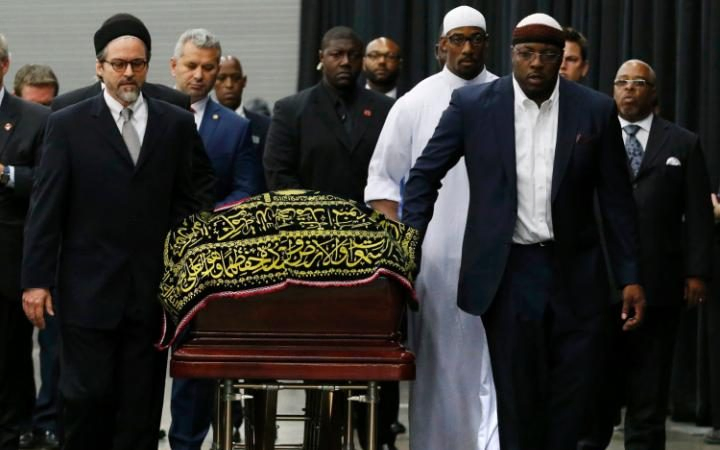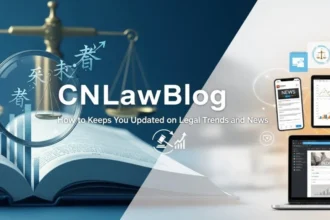When someone passes away, there’s more than just grief to deal with. There are also legal steps and rules that must be followed. This is where a mortuary lawyer comes in. These lawyers know the laws around funerals, burials, cremations, and other end-of-life needs. They help families get through tough times with less stress and fewer problems.
- Legal Disputes in Funeral Planning
- Burial and Cemetery Rights: What You Need to Know
- Handling Cremation and Repatriation Legally
- Issues with Cremation Authorization Across Jurisdictions
- How a Mortuary Lawyer Navigates International Body Transport
- Protecting Yourself with Prepaid Funeral Contracts
- The Role of Mortuary Lawyers in Estate Planning
- Conclusion: Peace of Mind When It’s Needed Most
Let’s look at how mortuary law works, when families might need legal help, and how these lawyers provide solutions to complex issues.
Legal Disputes in Funeral Planning
Sometimes, families don’t agree on how to handle a loved one’s final wishes. Other times, paperwork or unclear instructions cause delays and confusion. These problems can quickly turn into legal disputes.
Common Conflicts Between Family Members
A big problem families face is not knowing what the deceased wanted. If there’s no will or written plan, one family member might want burial, while another wants cremation. This often leads to court battles over who has the legal right to decide.
Mortuary lawyers help sort this out by looking at state laws and family relationships. In most places, the law gives this right to the next of kin, like a spouse or adult child. But even this can be argued if someone was estranged or had different religious beliefs.
How a Mortuary Lawyer Helps Resolve Will and Burial Wishes
A mortuary lawyer checks if the person left a Last Will and Testament or a funeral directive. If one exists, the lawyer makes sure it’s followed correctly. If not, they help the family or court decide based on the law.
They also speak for clients in court if there’s a challenge to the will. Their job is to protect the deceased’s wishes, not to take sides.
Burial and Cemetery Rights: What You Need to Know
Funerals don’t just end with a service. What comes next—burial or cremation—can bring up legal and financial issues.
Problems with Unclear Cemetery Deeds or Ownership
In some cases, families learn too late that the cemetery plot they want isn’t fully paid for, or worse, isn’t owned by the person they thought. Others find that the deed to the burial site is missing or lists someone else.
Mortuary lawyers review deeds and contracts, work with cemetery authorities, and fix ownership issues. They make sure burial happens where and how it should.
Legal Solutions for Burial Site Access and Rights
Some families face trouble visiting graves due to private land disputes or restricted access. In other cases, cemeteries might want to relocate remains or reuse plots, especially in crowded areas.
Lawyers step in to protect family rights. They file legal actions if needed to stop unauthorized changes or help gain rightful access.
Handling Cremation and Repatriation Legally
When a loved one wants to be cremated or returned to another country for burial, the law gets more complicated. That’s when legal help matters even more.
Issues with Cremation Authorization Across Jurisdictions
Cremation isn’t always simple. States like California, Texas, and Florida have strict rules about who can approve cremation. If the next of kin can’t be found or disagrees, the process may stop.
Mortuary lawyers gather proper authorization, handle disputes, and make sure cremation is done legally. They also deal with death certificates, permits, and medical examiner requirements.
How a Mortuary Lawyer Navigates International Body Transport
When someone dies overseas or wants to be buried in another country, it involves U.S. Customs, embassy paperwork, and international health codes.
A mortuary lawyer helps coordinate with funeral homes, airlines, and foreign consulates. They make sure all steps are legal so families can focus on healing.
Protecting Yourself with Prepaid Funeral Contracts
Planning ahead can save time and money—but only if it’s done right. That’s where prepaid contracts come in.
Legal Risks in Pre-Need Funeral Plans
Some people sign up for pre-need funeral contracts. But not all are safe. There have been cases of fraud, bankruptcy, or hidden fees. Families end up paying twice or not getting what was promised.
A mortuary lawyer checks the fine print. They look at how funds are held, if they’re refundable, and if services are clearly listed. This protects both you and your family.
How a Lawyer Reviews and Enforces Prepaid Agreements
If a funeral home refuses to honor a contract, the lawyer steps in. They can send legal notices, file claims, or sue the provider. Their goal is to make sure the deal is honored or the money is returned.
The Role of Mortuary Lawyers in Estate Planning
Most people think about wills when planning for the end of life. But few think about funeral instructions—and that can lead to problems.
Ensuring Final Wishes Are Legally Protected
If a person wants a certain type of funeral or religious rite, it should be written in a legal document. This might be part of a will or a separate funeral directive.
A mortuary lawyer helps draft these documents so they meet local laws and are easy to follow. This keeps families from arguing later.
Avoiding Probate Delays Over Funeral Instructions
Sometimes, funeral instructions are locked in a will that isn’t opened until probate—which could take weeks. By then, it’s too late to follow the plan.
Lawyers help clients keep funeral wishes separate from the will and available immediately after death. This prevents delays and confusion.
Conclusion: Peace of Mind When It’s Needed Most
Losing a loved one is hard. But legal problems don’t have to make it harder. Mortuary lawyers provide expert help in times of grief. Whether it’s a burial dispute, a cremation delay, or a prepaid contract issue, they bring clarity and calm.
Working with a mortuary lawyer means you and your family can focus on what matters—honoring your loved one’s memory—without being overwhelmed by legal red tape.

















